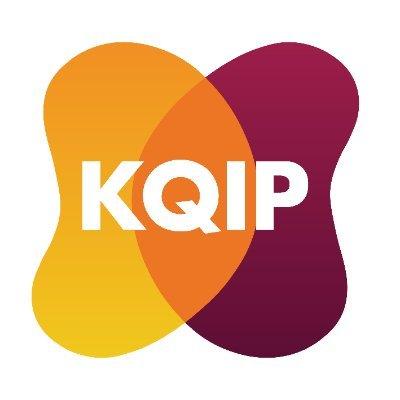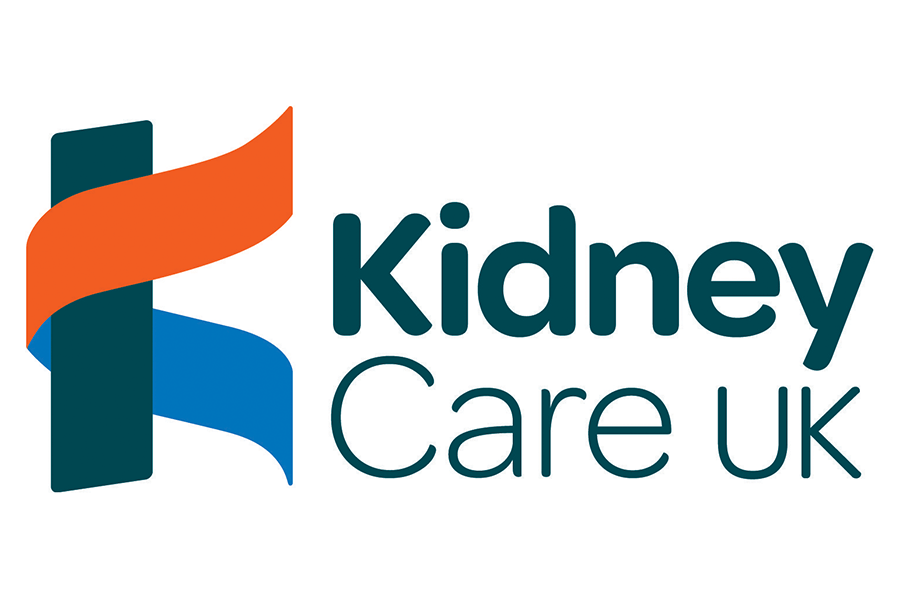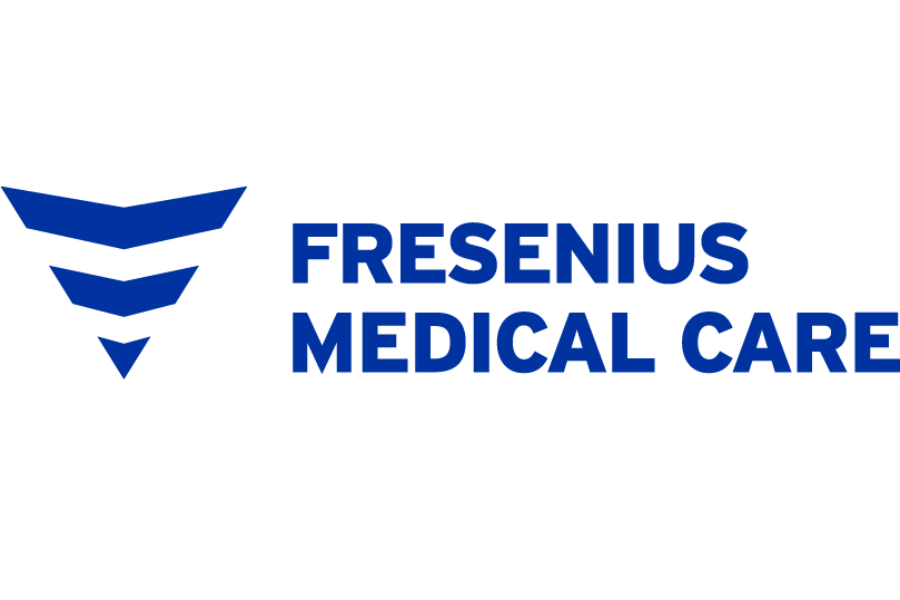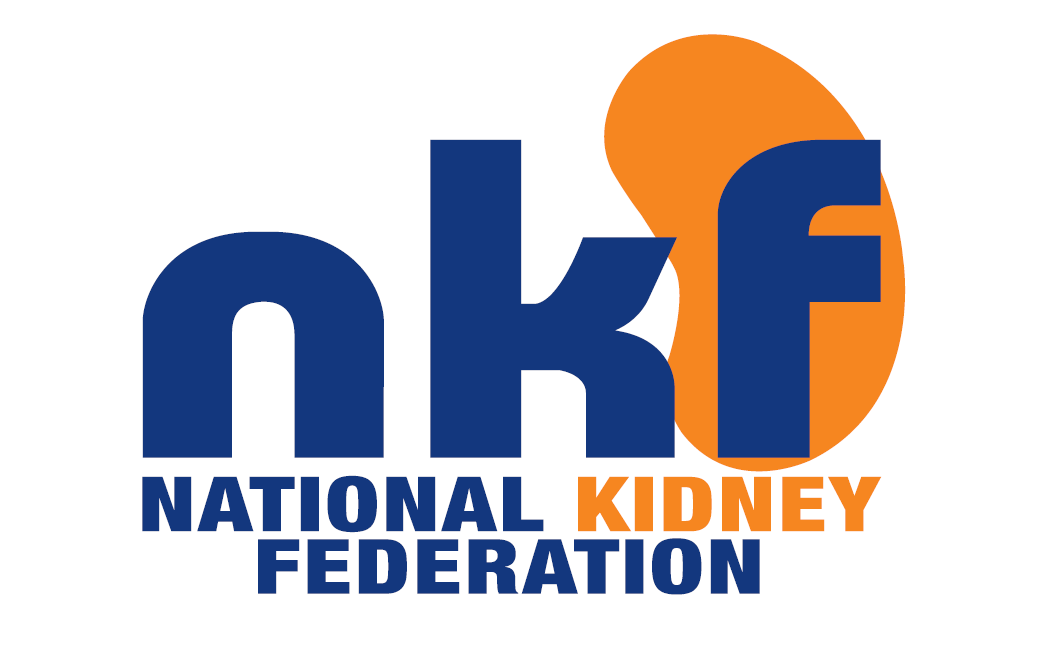Drive-through phlebotomy service during the COVID-19 pandemic
Richard Wardle, Sheffield Teaching Hospitals
The laboratory medicine team at Sheffield Teaching Hospitals implemented a drive-through phlebotomy service in March 2020, as part of the organisation’s response to the COVID-19 pandemic.
The Trust was concerned that there would be a reduced number of patients not receiving routine blood tests either due to shielding or anxiety about visiting hospital or GP settings for risk of contracting COVID-19. Physical distancing guidance also meant the phlebotomy departments in both hospitals had to reduce the numbers of patients they could see at any one time.
In response to the problem the Laboratory Medicine team worked with FlyDSA Arena Sheffield to establish a drive through service. An open-sided marquee was erected on one of the Arena car parks. The structure was wide enough to accommodate multiple lanes of cars and several phlebotomy stations to allow for scalability dependent upon the popularity of the service. An estimated capacity of approximately 50 to 60 cars or patients is able to pass through the service per hour. Each phlebotomy station was equipped with IT connectivity, allowing requests to be sent via order communications as a preferred ordering system. Written forms are also accepted and label printers allow on demand printing.
Following a request from the patient’s GP or hospital clinician, the patient drives or is driven to the Arena anytime Monday to Friday 9am – 5pm. No appointment is necessary. After a check for symptoms from stewards outside the marquee, patients drive through the marquee to have their blood samples taken through their car window. After being bled and checked to ensure they are fit to continue on, patients simply drive away and return home. This option allows vulnerable patients to remain physically distanced within the confines of their own vehicle, only coming into contact directly with one phlebotomist, who is wearing the appropriate PPE. The patient is cared for efficiently, minimising time away from home and thus reducing anxiety.
The patient is cared for efficiently, minimising time away from home and thus reducing anxiety.
Sample transport has been secured with the Whiteknights Yorkshire Blood Bikes charity whereby samples are delivered to The Northern General Hospital every 2 hours to ensure good turnaround times and quality of results. Trust transport provides one run at the end of the day to collect clinical waste and replenish stocks. Stewardship at the site is provided by redeployed staff from the Trust. A site manager from the laboratory management team is on site each day to provide managerial support and advice, and to escalate any issues.
The service went live on Wednesday 8th April with a soft opening, allowing only a small number of patients through initially to check any teething troubles with process and IT systems. Once this had been successfully tested, a wider communication was shared with Trust and Primary Care services that the site was active and open for requests for vulnerable patients. By the Monday of the second week, the service had exceeded 200 patients per day, running with four phlebotomists. By the third week, after further communications to extend the facility to all patient groups, it was receiving in excess of 300 patients per day.
The service is still in its infancy, still evolving and we are still learning. It has coped with less than favourable weather, with wind and rain causing little problem for the set up. It is fair to say that it is proving popular with clinical services and patients alike and demand has increased to such an extent, it is now testing numbers nearer the normal Trust service. Due to the set-up of the structure, there is the option to extend the service with further lanes and more phlebotomy stations. Recently the structure has been extended by two additional lanes up to seven.
In addition to phlebotomy, other services are contemplating whether the facility may be of use to them. Collection of MRSA swabs for pre-operative patients are being considered, as well as clinical services such as hand and wrist cast removal for fracture patients, or injections for certain patient groups. The site also acts as a receipt point for other samples including urine and sputum, preventing unnecessary visits to Trust and Primary Care sites and limiting risk.
Post the COVID-19 pandemic, the possibility of an off-site drive-through sample collection facility will be high on the list of what we keep from the lessons we have learnt. Feedback is currently being sought from both patients and services alike
Post the COVID-19 pandemic, the possibility of an off-site drive-through sample collection facility will be high on the list of what we keep from the lessons we have learnt. Feedback is currently being sought from both patients and services alike and this will be used to influence if such a facility would be popular and could be feasible going forward. Early indications are that taking a significant amount of non-essential patient traffic away from clinical sites, whilst providing an efficient, patient-friendly phlebotomy service would be popular in the future, if a feasible, more permanent facility could be realised



